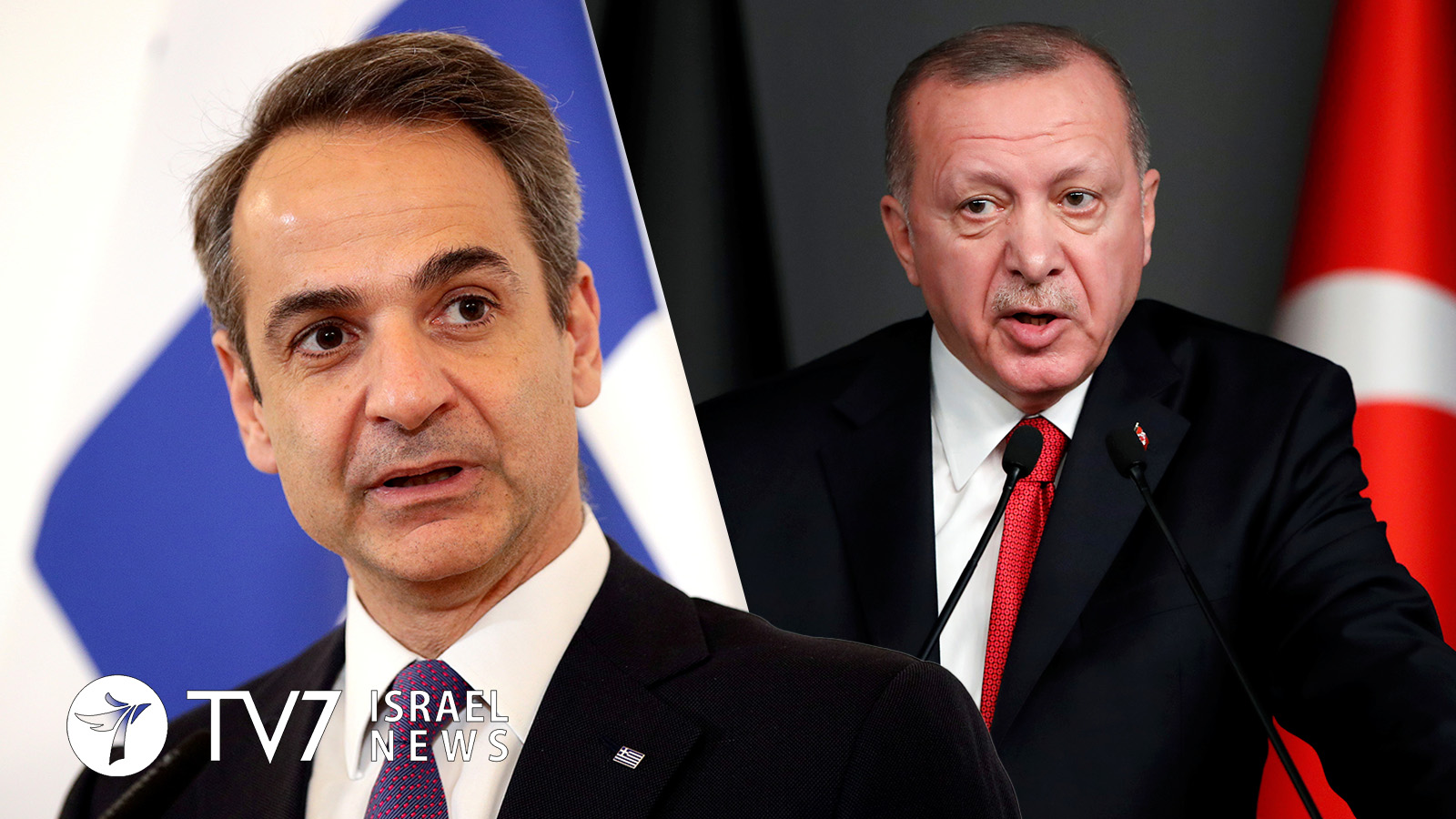Turkey and Greece ended their 5-year refusal to negotiate a resolution to escalating hostilities over the eastern Mediterranean Sea.
Representatives from Ankara and Athens resumed talks yesterday in Istanbul, aimed at addressing the long-standing maritime dispute. Both of the NATO members have asserted rights to Mediterranean waters and energy rights, air space and the status of several islands in the Aegean Sea.
No significant progress between the neighboring countries was achieved during 60 rounds of talks between 2002 and 2016. Attempts to revive discussion in 2020 failed after the sides disagreed on the scope of topics to address, and Turkey deployed a seismic survey vessel in the contested waters.
Agreement to reopen the bilateral talks was finally reached earlier this month, in what is widely viewed as a step toward improving relations with the European Union – which until now has backed EU-member Greece and threatened to sanction Ankara over its Mediterranean actions.
Both leaders expressed cautious positivity ahead of the exploratory talks, which are designed to establish common ground on major points of contention before the launch of eventual formal negotiations.
Greek Prime Minister Kyriakos Mitsotakis said last week that his country will approach the forum with optimism but “zero naivety,” while Turkish President Recep Tayyip Erdoğan communicated his hope that they will herald a new era.
Washington greeted the revived negotiations. “The United States welcomes…the commitment of both governments to this process,” U.S. State Department Spokesperson Ned Price declared on Twitter.
France reacted with an announcement by Defense Minister Florence Parly that Paris will present proposals to Athens to renew its fleet of frigates, as well as the finalization of a 2.5-billion Euro ($3.04 billion) deal for the Greek purchase of 18 Dassault-made Rafale fighter jets.
Prior to the talks, both Turkey and Greece expressed ongoing disagreement over the agenda of issues to be addressed.
Athens stated willingness to discuss only the demarcation of exclusive economic zones (EEZ) and continental shelf in the Aegean and eastern Mediterranean Seas, while ruling out matters pertaining to “national sovereignty,” while Ankara expressed adamant insistence that all issues should be on the table, including air space and the Aegean islands.
Greek government spokesman Christos Tarantilis reiterated his nation’s position on Monday, saying the talks are unofficial and will be limited to maritime zones only. Greece is “attending the talks in good faith and expects Turkey to act similarly,” he underscored.
Yesterday’s meeting lasted for more than three hours, but no other details were disclosed. The next round will likely be held in Athens, according to a Greek diplomatic source who declined to provide additional details.
“Under the strong leadership of our president, the solution to all problems, including the Aegean, is possible and our will for this is strong,” said Turkish presidential spokesman Ibrahim Kalin, who participated in Monday’s talks.
Analysts say that while an immediate breakthrough is unexpected in light of the decades-old policy differences between the sides, the resumption of dialogue is an important first step after EU pressure on Turkey.
